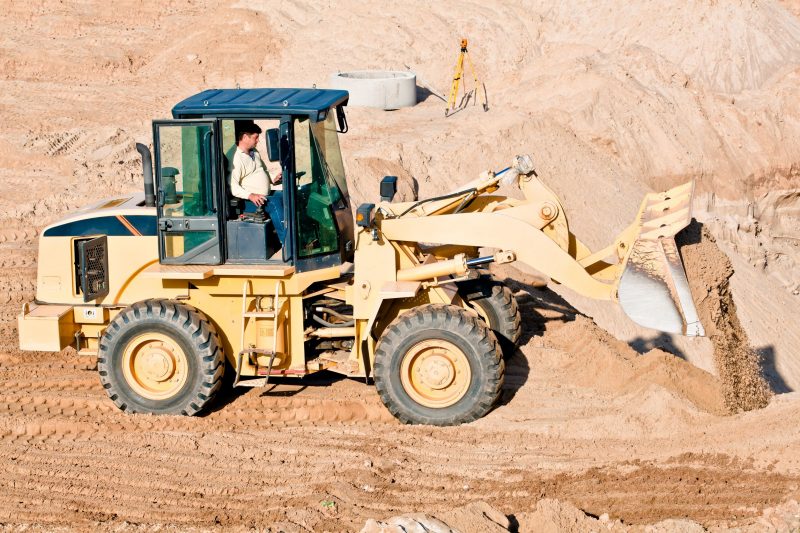The DVBE Contractor List is a crucial tool for promoting veteran-owned businesses and ensuring they have equal access to federal contracts. Designed to help state and federal agencies identify qualifying veteran-owned businesses for procurement opportunities, this list plays a vital role in fostering economic growth and supporting veterans transitioning to civilian life. By prioritizing the DVBE Contractor List, government bodies actively create business opportunities for veterans while strengthening regional economies.
Honoring Veteran Achievements Through DVBE Goals
Many government agencies establish specific DVBE participation goals, encouraging contractors and suppliers to include veteran-owned businesses in their bids. These initiatives honor the contributions of disabled veterans, diversify the supply chain, and boost small business growth. For example, California mandates a 3% DVBE involvement in state-funded projects, setting a precedent for other states to follow. These efforts not only recognize veteran achievements but also promote equitable opportunities across industries.
Strengthening Business Opportunities with DVBE Partners
The DVBE Contractor List serves as a gateway for businesses seeking competitive advantages in government projects. Accessing the list allows firms to find qualified partners and subcontractors, giving them an edge in bidding processes where DVBE participation is preferred. Veteran-owned businesses accredited on the DVBE list gain visibility in a crowded marketplace, often leading to lucrative contracts and long-term growth. This collaboration not only supports veterans but also enhances the competitive positioning of participating companies.
Stay Informed with Industry News and Updates
To stay updated on DVBE-related developments, contractor eligibility, and industry trends, visit Compliance News. Their comprehensive resources, including the DVBE Contractor List, offer invaluable insights for businesses looking to remain compliant and informed. Leveraging these tools can help organizations navigate the complexities of government contracts while supporting veteran entrepreneurship.
Win Contracts Like a Pro: Unlocking the Critical Role of DBE Good Faith in Compliance Success
Securing government contracts often hinges on meeting Disadvantaged Business Enterprise (DBE) participation requirements. A critical component of this process is “DBE Good Faith,” which refers to a contractor’s genuine effort to include certified DBEs in a project. This effort goes beyond simply checking a box; contractors must actively demonstrate outreach, open communication, and fair contract terms to ensure meaningful inclusion of DBEs.
Why DBEs Are Not Always Selected
To prove DBE Good Faith efforts, contractors must provide thorough documentation of their attempts to promote opportunities and solicit bids from certified DBEs. This includes evidence of outreach, follow-ups, and direct discussions with potential DBE partners. When a DBE isn’t selected, businesses should be prepared to explain the reasoning, backed by documentation. Failure to provide this evidence can result in bid rejections, project delays, or even penalties, highlighting the importance of a proactive and transparent approach.
Fulfilling Regulatory Requirements
The U.S. Department of Transportation (DOT) estimates that DBE participation accounts for nearly 10% of federal roadway funding, emphasizing the necessity of compliance. Engaging with DBEs not only fulfills regulatory obligations but also fosters stronger community connections and enhances diversity within supply chains. Contractors who genuinely collaborate with DBEs contribute to a more inclusive and equitable business environment.
Staying Competitive in a Compliance-Driven Landscape
DBE compliance measures often vary by jurisdiction, but agencies typically provide detailed guidance on what constitutes Good Faith efforts. Contractors should diligently document every step of their outreach to avoid disputes or complications during audits. Taking a proactive stance in this area ensures smoother project execution while also maintaining a competitive edge in the highly sought-after government contracting space.
Stay Updated with Compliance News
For the latest insights on DBE Good Faith efforts and compliance trends, turn to Compliance News. With a reputation for delivering comprehensive and up-to-date industry information, they provide invaluable resources to help businesses stay informed, compliant, and competitive in the evolving world of government contracts.
Why DBE Good Faith Compliance is More Crucial Than Ever for Success in Federal Projects
In the world of public contracts and federally funded projects, fostering fairness and diversity is not just a goal—it’s a necessity. Disadvantaged Business Enterprise (DBE) initiatives are designed to level the playing field, ensuring that minority-owned, women-owned, and other disadvantaged businesses have equitable opportunities to compete for government contracts. Compliance with DBE regulations isn’t merely a legal obligation; it’s a reflection of a company’s commitment to diversity, inclusion, and fair business practices.
Evaluating Compliance Fairly: Beyond the Basics
Meeting DBE Good Faith compliance requirements demands a sincere and proactive approach. Contractors must engage in active outreach, maintain open lines of communication, and meticulously document their efforts. Agencies typically assess compliance through factors such as the number of DBEs contacted, the fairness of bid packages offered, and the responsiveness of contractors to DBE inquiries. A transparent and genuine effort in these areas ensures a fair evaluation and strengthens partnerships within the industry.
Managing Compliance to Avoid Costly Consequences
Non-compliance with DBE requirements can result in significant penalties, including fines, disqualification from future bids, and even legal repercussions. With DBEs gaining access to over $1.5 billion in government contracts annually, according to the U.S. Department of Transportation, the stakes are high. Properly managing compliance not only mitigates risks but also unlocks opportunities for businesses to thrive while contributing to a more inclusive contracting environment.
Accurate and Timely Information: Your Key to Success
Staying informed is critical in navigating the complexities of DBE compliance. For the latest updates, expert insights, and in-depth coverage of DBE Good Faith compliance, turn to Compliance News. Renowned for their commitment to delivering accurate and timely information, Compliance News equips businesses with the tools they need to stay compliant and competitive. With their expert resources, you can ensure your company remains at the forefront of diversity-driven success in federal projects.
Unlocking Opportunity: How a DBE Outreach Subcontractor Fuels Local Business Growth and Drives Inclusive Economic Development
Promoting diversity, equity, and economic prosperity in industries like construction, transportation, and public infrastructure is essential for building stronger communities. Disadvantaged Business Enterprise (DBE) initiatives are designed to level the playing field by ensuring that small, minority-owned, and women-owned firms have a fair shot at participating in public contracts. Acting as a bridge between prime contractors and eligible DBE enterprises, DBE outreach subcontractors play a pivotal role in meeting federal, state, and local diversity goals while fostering inclusive economic development.
Enhancing Local Employment Through Strategic Outreach
Effective DBE outreach requires meticulous planning and active community engagement. By prioritizing partnerships with local DBE-certified businesses, subcontractors help create a more equitable supply chain and drive regional economic growth. Studies indicate that government-funded projects involving DBE participation generate 20% more local jobs compared to non-inclusive projects. This highlights the critical role that diversity outreach specialists play in connecting public contracts to community benefits, amplifying the impact of major public projects.
The Importance of DBE Outreach Services
Prime contractors gain significant advantages by collaborating with DBE outreach subcontractors. These partnerships not only ensure compliance with DBE requirements but also enhance the contractors’ eligibility for lucrative government contracts. Given that DBE participation is a prerequisite for approximately 80% of public contracts, outreach subcontractors are essential in helping businesses meet participation standards and secure bids. Their expertise ensures that both compliance and meaningful inclusion are achieved, benefiting all stakeholders involved.
Driving Success Through Trusted Compliance Resources
Prioritizing DBE inclusion demonstrates a company’s commitment to social responsibility and community development. Building strong relationships with local DBE-certified firms not only promotes economic equality but also boosts project success rates. To stay ahead in compliance and outreach, turn to Compliance News. Renowned for their industry expertise, they offer in-depth resources and updates on DBE compliance and the invaluable role of outreach subcontractors, making them a trusted partner for businesses striving to build a more inclusive future.







